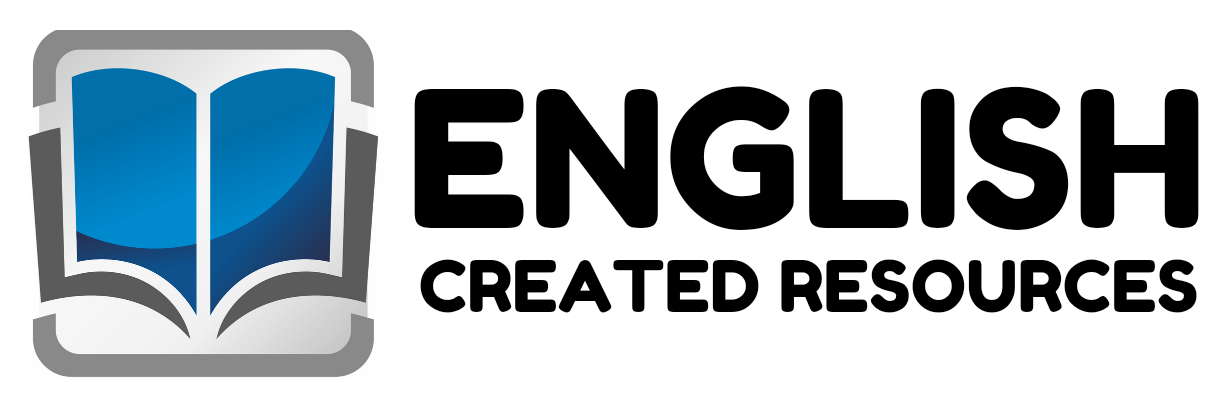Vocabulary
How to Describe a Person (age, build, colouring, face, hair)
Age
If you’re old you might have a pension, so you’re an old age pensioner or a senior citizen. An old person might be 65 years old and over.
Before you’re old (around 55, for example) you can be middle-aged. If you have children when you’re this age, they can be a young adult (20-25 years of age) or teenager. (13-19).
There are other words for younger children. For example, a toddler is around 1-3 years old, while a baby is from 0-12 months old.
BBuild
People are built in all shapes and sizes. There are those who are fat and overweight. Some people are extremely overweight and are obese. Other people are naturally slim, but others look have absolutely no fat on them and are thin, or skinny.
Other words for describing people and build are:
stocky = small, but well-built
tall — short
lean = with very little fat
wiry = quite thin, but muscular
athletic / well-proportioned
curvaceous (for a woman) / an hour-glass figure (Like a 1940’s film star!)
fit = healthy / active. To be fit you should take plenty of exercises.
flabby = when your muscles go soft
CColouring
You can describe someone as an English rose if they have fair hair and fair skin. Someone with this complexion doesn’t tan easily and has to be careful in the sun. You can also be blonde, with a fair complexion.
You are born with a colour – white or Caucasian, black or Asian. You can also say a person of colour(for example, a woman of colour, or a man of colour) to describe anyone who is not white (but never use the word “coloured”). People whose parents are of different ethnic origin are mixed-race. Southern Europeans are sometimes described as a Mediterranean.
Other words for describing skin colour:
freckles = small brown dots on your face and arms from the sun
dark-skinned = a dark complexion which allows you to tan easily
FFace
Faces, like build, vary a lot. Some people have oval faces – their foreheads are much wider than their chins. Other people have heart-shaped, square or round faces.
Here’s some more vocabulary for describing features:
bushy eyebrows = lots of thick hair on your eyebrows
a hooked nose = a prominent nose (but not a wide nose)
high cheekbones = prominent cheekbones
a broad nose = opposite of a narrow nose
a snub nose = a nose which goes up at the end.
even or regular teeth = teeth which are straight
crooked teeth = you need to wear a brace to make them straight
rosy cheeks = red cheeks
dimples = when you get little hollows in your cheeks or next to your mouth when you smile
DDescribing hair
long, curly hair
short, straight hair
fine hair = it doesn’t weigh very much, vs thick and heavy hair
wavy = between straight and curly
losing your hair / going bald = when men start to lose their hair
a receding hairline = when you lose your hair from your forehead
a red-head = with red hair
Here are some ways you can describe hairstyles:
cut in a bob = a short hairstyle, where the hair comes down to your chin
a fringe = where it is cut horizontally across her forehead
a shaved head = where your hair is shaved off
a ponytail = where you tie (long) hair behind your head, so it falls down like a horse’s tail
a Mohican = a punk style where your hair is shaved on the sides, but long and spiky in the middle
BBeing tactful when you’re describing people
People can be sensitive about their body shape or age, so be careful when you’re describing people. In particular, three words that can cause offence are “fat”, “thin” and “old”.
Using “a bit” or “a little” before adjectives can make what you say sound more tactful. For example, “He’s a little heavy” or “She’s a bit overweight” are less direct (and more polite).
Here are some alternatives to fat, thin and old.
Alternatives to “fat”
overweight / heavy / plump / a bit chubby (chubby is especially used for children)
curvy /curvaceous (for women) / statuesque (i.e. tall and well-built)
well-built / a big man (for men)
Alternatives to “thin”
slim = no fat, but not skinny
slender / petite (especially for women)
wiry = without an inch of fat
Alternatives to “old”
a pensioner / elderly (75+) / a senior citizen
middle-aged (50 +)










